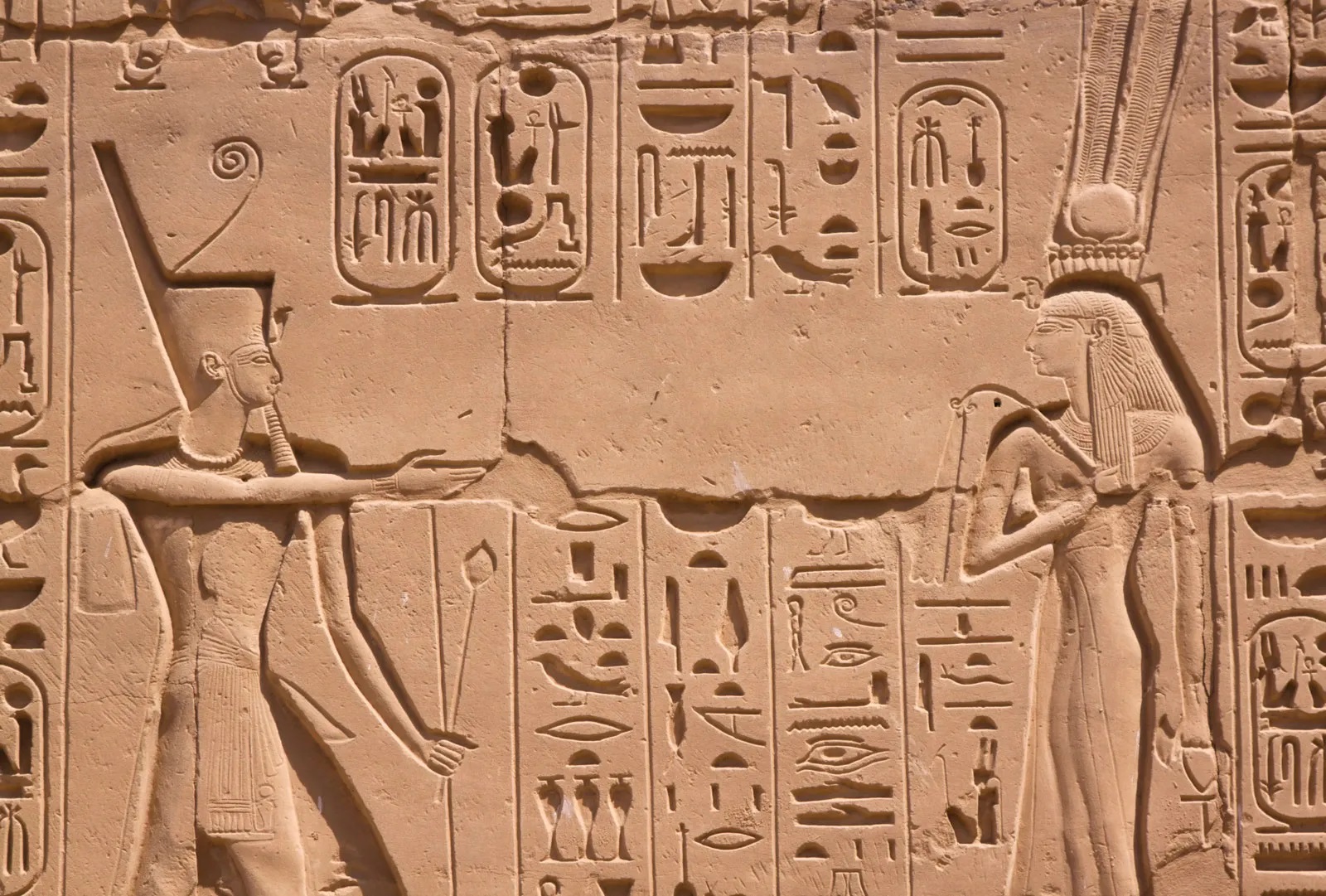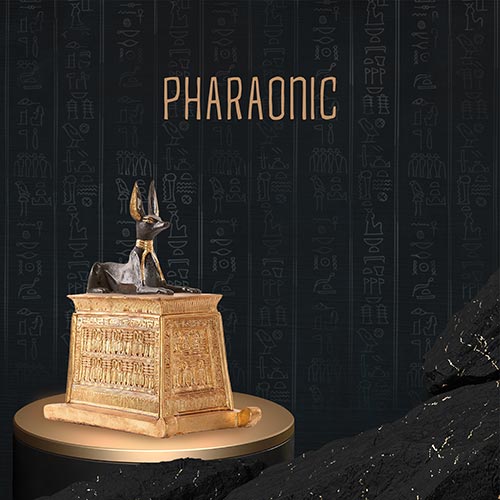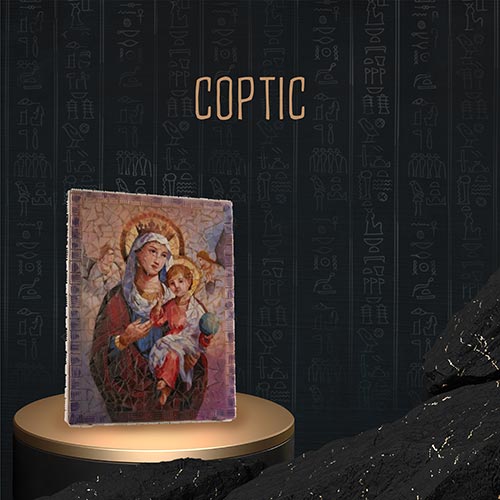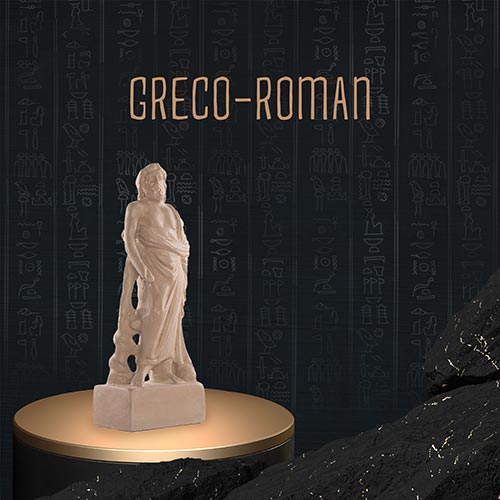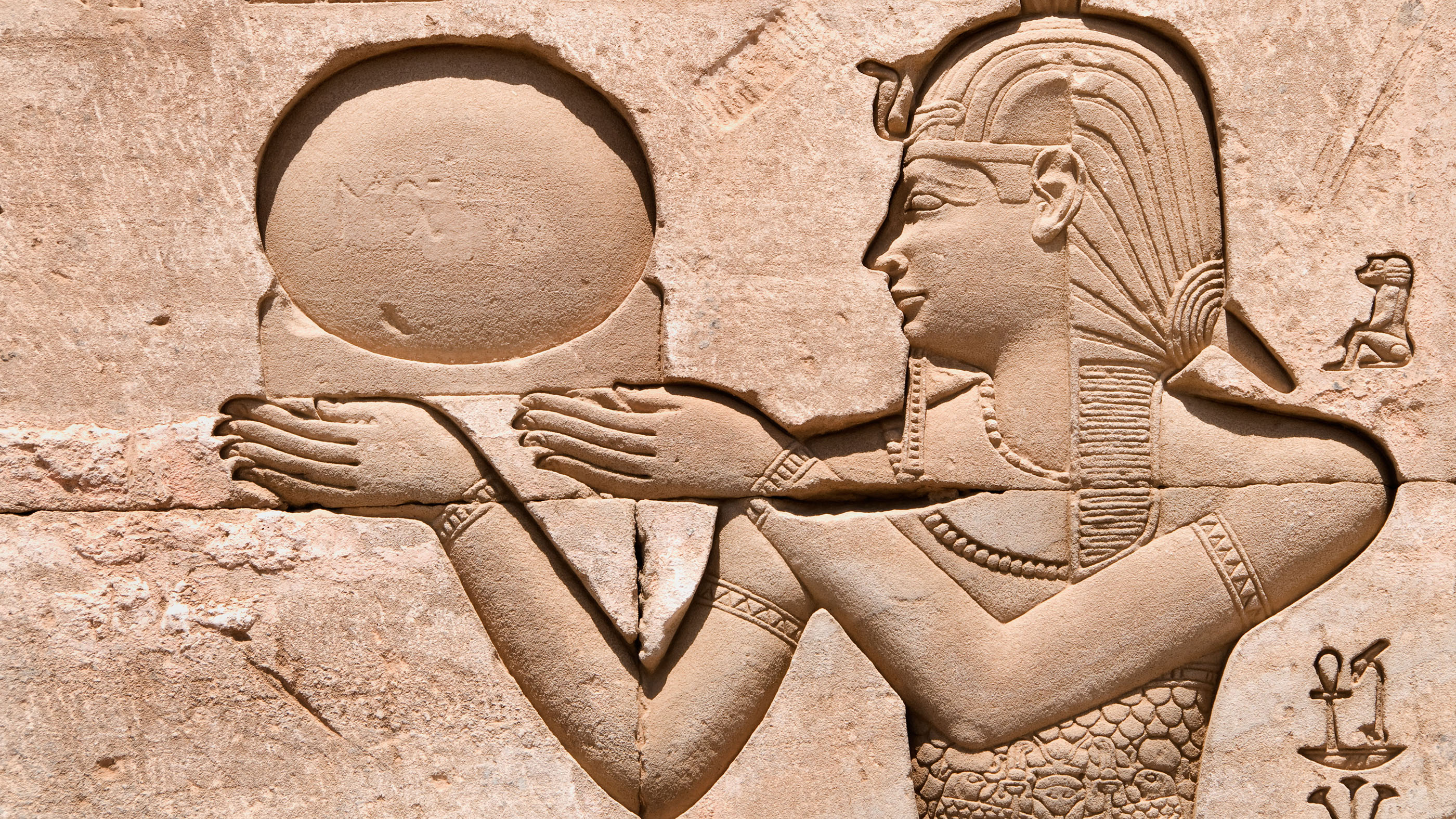
Cleopatra VII Philopator is one of the most captivating figures of the ancient world. As the last active ruler of the Ptolemaic dynasty, she reigned over Egypt from 51 BC to 30 BC, during a turbulent era marked by civil wars, shifting alliances, and the growing power of Rome. While she's often celebrated for her beauty, Cleopatra's true power lay in her intellect, multilingual skills, and political brilliance.
What are 5 facts about Cleopatra?
- She wasn’t ethnically Egyptian.
Cleopatra descended from the Greek Macedonian line of Ptolemy I, one of Alexander the Great’s generals. Despite this, she fully embraced Egyptian culture and was the first Ptolemaic ruler to speak the Egyptian language. - She ruled with her siblings—and married them.
Following her father Ptolemy XII’s death, Cleopatra became co-ruler with her younger brother Ptolemy XIII, who was just 10 years old at the time. According to Egyptian tradition, they were married. However, tensions quickly escalated, leading to a power struggle that forced Cleopatra into exile. - Her alliance with Julius Caesar changed her fate.
In 48 BC, when Julius Caesar arrived in Egypt pursuing his rival Pompey, Cleopatra famously had herself smuggled into the palace—rolled up in a carpet or linen sack, depending on the version of the story—and presented to Caesar. She convinced him to support her claim to the throne, leading to the defeat and death of Ptolemy XIII. With Roman backing, Cleopatra was reinstated as queen and later gave birth to Caesarion, a child she claimed was Caesar’s son. - She was highly educated and strategic.
Cleopatra wasn’t just charming—she was exceptionally intelligent. She studied astronomy, mathematics, philosophy, and oratory, and was known to speak as many as nine languages. These skills helped her form powerful alliances and maintain Egypt’s independence for decades. - Her relationship with Mark Antony shook the Roman world.
After Caesar’s assassination in 44 BC, Cleopatra aligned herself with Mark Antony, another Roman powerhouse. Their romantic and political union produced three children and led to a fierce rivalry with Octavian, Caesar’s adopted heir. Their eventual defeat at the Battle of Actium would seal their tragic fate.

What caused Cleopatra’s death?
Following their defeat by Octavian at Actium in 31 BC, Cleopatra and Mark Antony retreated to Egypt. As Octavian’s forces closed in, Antony—believing Cleopatra had already taken her life—committed suicide. When Cleopatra was captured and realized that she would be paraded in Rome as a trophy, she chose to end her life on her own terms.
On August 12, 30 BC, she died—most likely from poison or the bite of an asp (a venomous snake). Her death marked the end of the Ptolemaic dynasty and the beginning of Roman Egypt.

Why was Cleopatra so famous?
Cleopatra's fame endures because she was much more than a queen. She was a cunning diplomat, a fearless leader, and a master strategist who knew how to navigate the complexities of power in a male-dominated world. Her ability to influence two of Rome’s greatest leaders—Julius Caesar and Mark Antony—and her unwavering commitment to her country have cemented her as a symbol of feminine strength, intelligence, and resilience.
She wasn’t just a passive beauty; she was active in shaping history. Her reign brought stability and prosperity to a fractured Egypt, and her legacy has inspired writers, filmmakers, and historians for centuries.
Keep Cleopatra's Legacy Alive in Your Home
Cleopatra's story is a reminder that true power lies in intelligence, confidence, and strategy. Her life continues to inspire thousands of years later. Bring her timeless legacy into your world with our exclusive GRECO-ROMAN collection, where history meets artistry.
